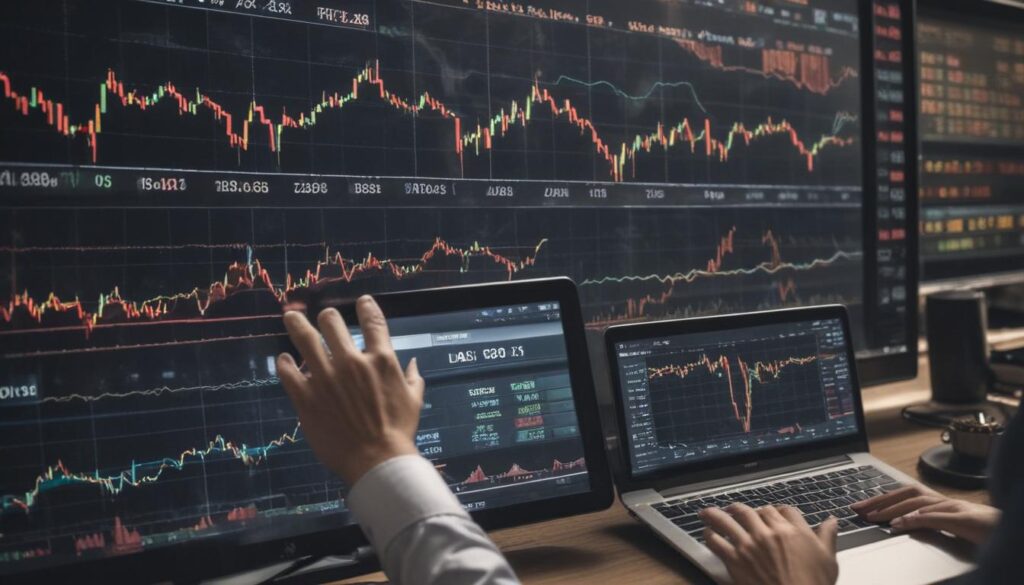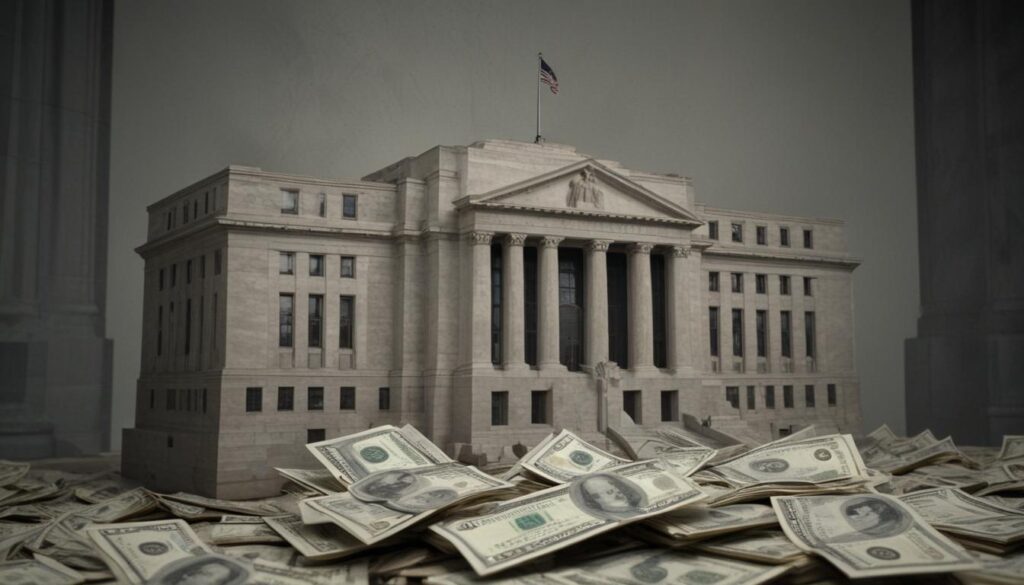Now Reading: Beat Inflation and Save Your Money
-
01
Beat Inflation and Save Your Money
Beat Inflation and Save Your Money

Understanding Inflation Protecting Your Purchasing Power
Have you ever looked at your grocery receipt and felt a sense of shock? Or noticed that the same amount of money you used for a full tank of gas last year barely gets you past the halfway mark today? This isn’t just a feeling; it’s a real economic phenomenon eroding the value of your hard-earned money. This creeping increase in the cost of living is called inflation, and it can silently undermine your savings, your budget, and your long-term financial goals. The good news is that you are not powerless.
Understanding what inflation is, why it happens, and how to position your finances is the key to not just surviving, but thriving in any economic climate. This guide will demystify this often-intimidating topic and provide you with clear, actionable strategies to safeguard your wealth. By the end of this article, you will have the knowledge to protect your purchasing power and build a more resilient financial future for yourself and your family.
What Exactly Is Inflation
At its core, inflation is the rate at which the general level of prices for goods and services rises, and subsequently, the purchasing power of currency falls. Think of it this way: if the annual inflation rate is 5%, a product that costs $100 today will cost you $105 next year. More importantly, the $100 bill in your wallet will only be able to buy what $95 bought a year ago. Your money is effectively worth less than it was before. It’s a silent tax that impacts everyone, from individual savers to large corporations.
Economists and governments typically measure inflation using a metric called the Consumer Price Index, or CPI. The CPI tracks the average change over time in the prices paid by urban consumers for a market basket of consumer goods and services, including food, energy, housing, and healthcare. While a small, stable amount of inflation (often around 2%) is considered a sign of a healthy, growing economy because it encourages spending and investment, high and unpredictable inflation creates uncertainty and can severely damage savings and economic stability.
Why Does Inflation Happen
Inflation is not a random event; it is typically driven by a combination of economic factors. One of the primary causes is known as “demand-pull” inflation. This occurs when the demand for goods and services outpaces the economy’s ability to produce them. Essentially, it’s a scenario of “too much money chasing too few goods.” This can happen when a central bank prints more money, or when government stimulus puts more cash in people’s pockets, leading to increased consumer spending. When everyone wants to buy the same limited items, sellers can and do raise prices.
Another major driver is “cost-push” inflation. This happens when the cost of producing goods and services goes up, forcing businesses to pass those higher costs on to consumers in the form of higher prices. A classic example is a sharp increase in the price of oil. Since oil is used for transportation and in the manufacturing of countless products, a price spike impacts the entire supply chain. Other factors like wage increases, supply chain disruptions, or new tariffs can also increase production costs and push overall prices higher.

Strategies to Protect Your Purchasing Power
Understanding inflation is one thing, but acting to protect yourself from it is what truly matters. Sitting on the sidelines and letting your cash lose value is not a viable strategy. Instead, you need to be proactive and position your finances to outpace the rate of inflation. This doesn’t require being a financial genius, but it does require a deliberate plan. The following strategies are some of the most effective ways to ensure your money works for you, not against you.
Investing for Growth
The single most powerful tool against inflation is investing in assets that have the potential to grow faster than the rate of inflation. Holding large amounts of cash in a standard savings account is a guaranteed way to lose purchasing power over time. For example, if your savings account pays 1% interest but inflation is running at 4%, you are losing 3% of your money’s value each year. Investing in the stock market, through diversified index funds or ETFs, has historically provided returns that significantly outpace long-term inflation. While stocks come with short-term volatility, their long-term growth potential is a proven shield for your wealth.
Real estate is another powerful asset class for battling inflation. As the cost of living rises, property values and rental income tend to rise along with it. Owning physical property or investing in Real Estate Investment Trusts (REITs) can provide a source of income that adjusts with inflation, protecting your cash flow. The key with any investment is to maintain a long-term perspective and create a diversified portfolio that aligns with your risk tolerance, ensuring you are not overly exposed to any single asset.
Exploring Inflation Protected Assets
For those seeking more direct protection, certain financial instruments are specifically designed to combat inflation. Treasury Inflation-Protected Securities, or TIPS, are bonds issued by the U.S. government. Unlike regular bonds, the principal value of a TIPS bond increases with inflation (as measured by the CPI). This means that when the bond matures, you are paid back the adjusted, higher principal. This feature ensures that your investment’s value keeps pace with rising prices.
Another popular option is Series I Savings Bonds, also issued by the U.S. Treasury. I Bonds earn interest based on a combination of a fixed rate and a variable inflation rate that is adjusted twice a year. During periods of high inflation, I Bonds become an extremely attractive and safe investment, as their return is directly tied to the CPI. They offer a simple and low-risk way for everyday investors to protect a portion of their savings from being devalued.
The Takeaway Building Financial Resilience
Inflation can feel like an unstoppable force, but you have significant control over how it affects your financial life. It is not a monster to be feared, but an economic reality to be planned for. By understanding that cash loses value over time and that strategic investing is crucial for growth, you can shift your mindset from simply saving money to actively growing and protecting your wealth.
The goal is not to panic or make rash decisions based on scary headlines. The goal is to build a durable, long-term financial plan. Review your budget, ensure your emergency fund is healthy, and then put your long-term capital to work in a diversified portfolio of assets. By taking these proactive steps, you can turn inflation from a threat into an opportunity to build a stronger, more resilient financial future.





































